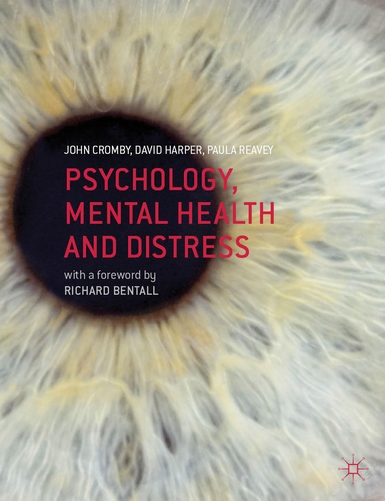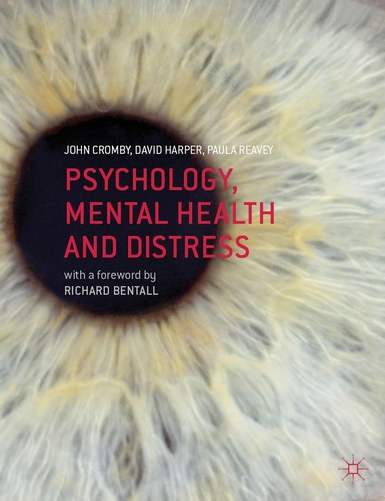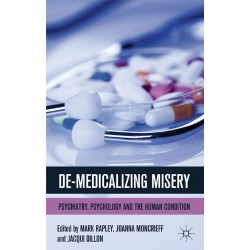What is your Opinion of Psychiatric Diagnosis?
This is an important paper written by Steven Coles and colleagues about psychiatric diagnosis. What do you think? Have your say!
What is your Opinion of Psychiatric Diagnosis?
What is your view on psychiatric diagnosis? Should the diagnosis of schizophrenia be abolished as the Campaign for the Abolition of the Schizophrenia Label wish? For both those working in mental health services and those on the receiving end, how important is diagnosis to your life? There are many different views on psychiatric diagnosis from fierce advocates to those who decry the practice. A number of survivors, academics, professionals, and service users have criticised diagnosis. However, within mental health services psychiatric diagnosis remains dominant. Psychiatrists (and other professionals) claim they use diagnosis to understand people’s experiences, behaviour and distress. Diagnosis shapes how services are organised, who will be helped and how services will support or “treat” people. Psychiatric diagnosis also has a major impact on whether people are detained against there will in hospital – the civil liberties of people with a psychiatric diagnosis are at a greater risk than anyone else in society (other than suspected terrorists). Diagnosis influences whether people are forced to take major tranquilizers (“antipsychotics”), and whether they receive financial benefits.
Despite the immense controversy surrounding diagnosis, my experience is that the debates around diagnosis are not openly discussed between staff or with people using (or forcibly brought into) mental health services. Psychiatric diagnosis has become an everyday and often unquestioned part of mental health practice. Is this simply because critics of diagnosis have weak arguments? Is it because the scientific basis of psychiatric diagnosis is so strong? Is there no alternative? A group of Clinical Psychologists working in East Midlands Adult Mental Health Services have looked at the issue of psychiatric diagnosis and written a position paper (Coles & SPIG, 2010). They conclude that “psychiatric diagnosis does not meet its scientific and expert claims” and does not deserve to be so dominant in mental health services.
The East Midlands group highlighted a number of negative effects of psychiatric diagnosis. They note that diagnosis places the cause of difficulties on the individual; the group feel more attention should be paid to people’s life experiences, such as abuse, poverty, discrimination and disempowerment. The position paper also observes that the language of diagnosis is barrier to communication between staff and people using services. Furthermore, diagnosis is not aware that it is based upon dominant western (often male) ideas of what is normal, and ignores that other cultures and subcultures might have different or a broader idea of what is normal. The paper also notes some modest alternatives to moving beyond diagnosis (for access to the document see www.bps.org.uk/dcp-sigpr/publications-%26-documents/publications_home.cfm).
The East Midlands Paper is accessible at the above link, as well as on the Hearing Voices Network website. The group is hoping to open up a debate around diagnosis and would welcome people’s thoughts on the paper and on diagnosis. The East Midlands paper suggests that the current dominance and use of diagnosis is part of the problem and not part of the solution as psychiatry claims. What do you think? What is your experience of diagnosis?
References
Coles, S. & SPIG (2010). Position on Psychiatric Diagnosis. East Midlands: Psychosis and Complex Mental Health Special Interest Group
Steven Coles
Clinical Psychologist
steven.coles@nottshc.nhs.uk



